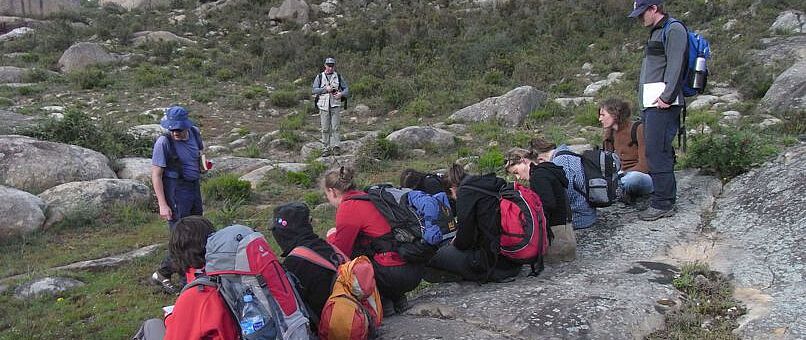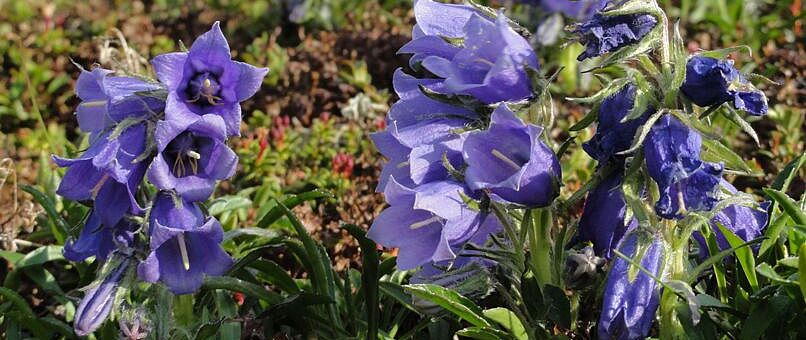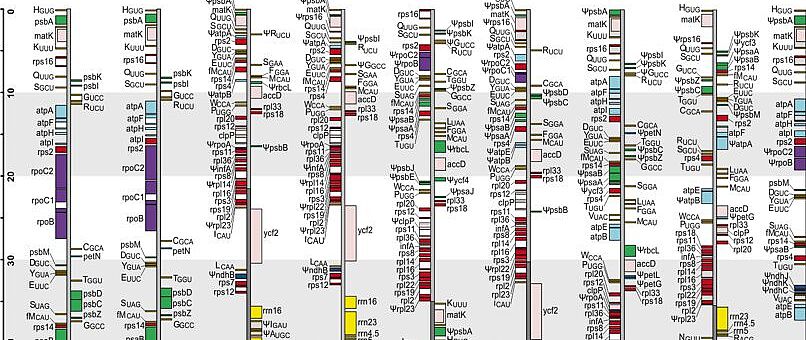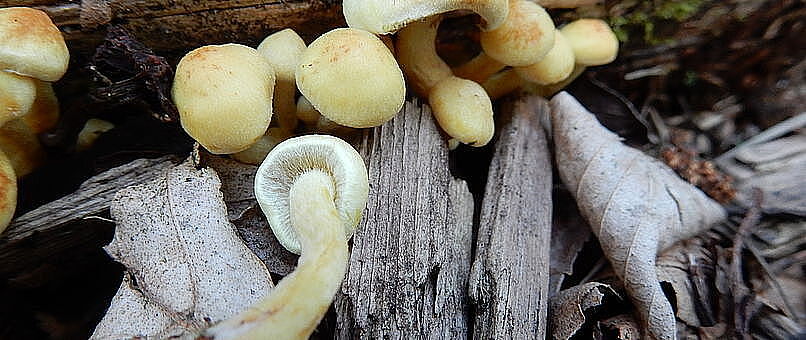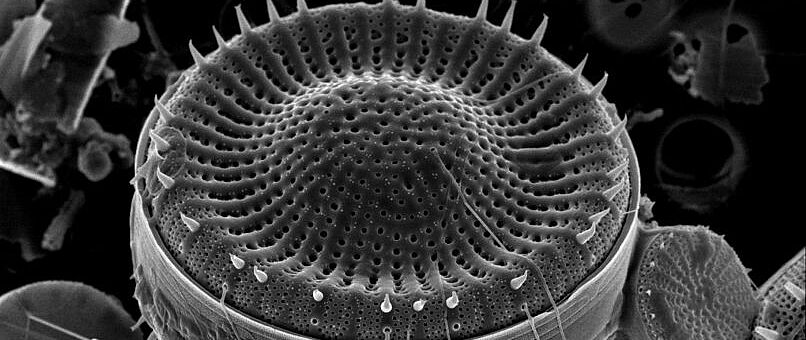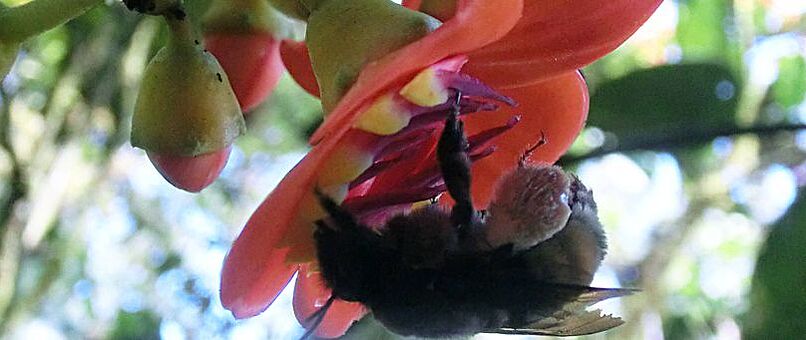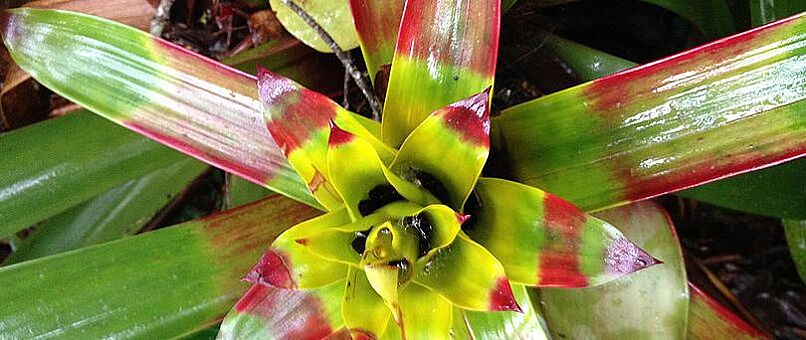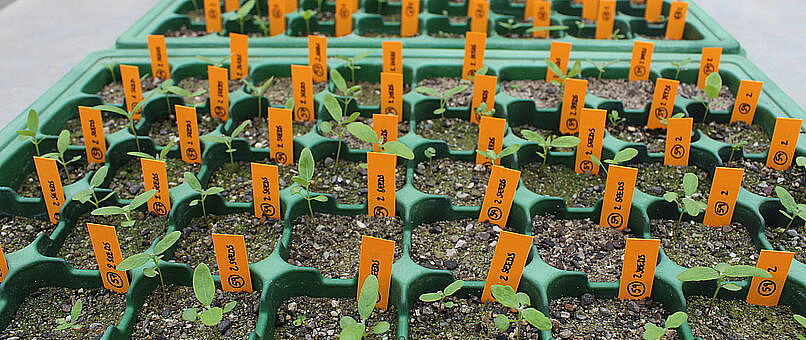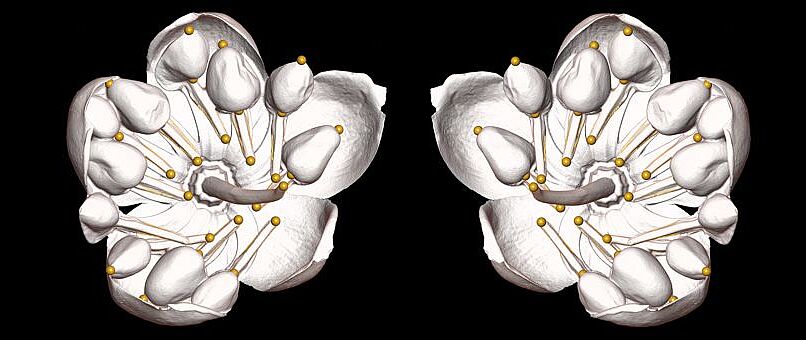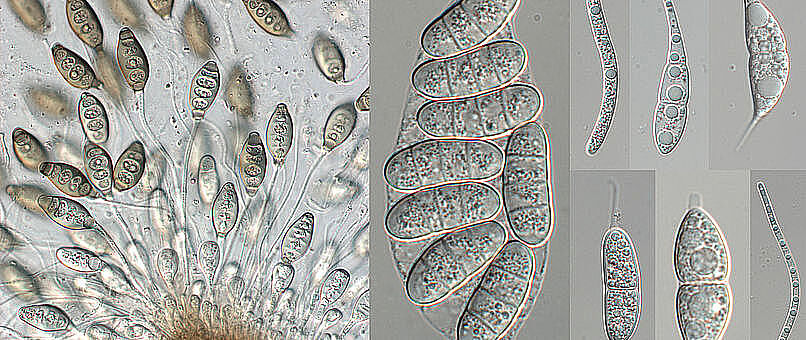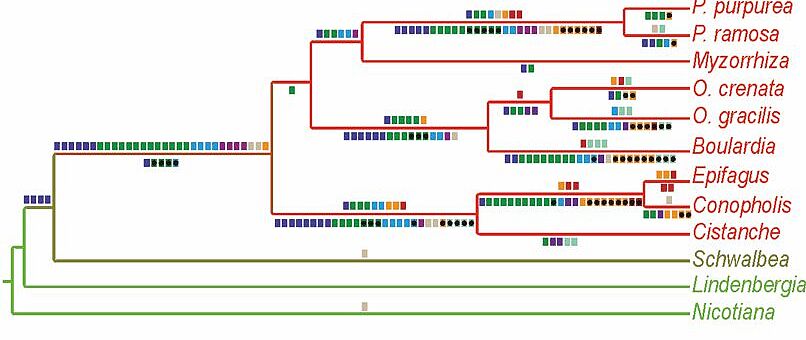Why study plants and fungi?

Plants affect mankind since its appearance on Earth: they provide people with food and medicinal drugs and they create an atmosphere in which humans and animals can thrive. The central role of plants for mankind is intensifying in the light of global (e.g. climate) change and the need to tap into novel sources for food, energy, and fiber. Additionally, plants and fungi are an essential component of global biodiversity and are characterized by an enormous variety of form and function, which have always fascinated humans.
If you are excited about this diversity, complexity, and beauty and if you are interested in the exploration of its secrets – with respect to evolutionary origins and consequences, ecological impacts, developmental processes, genetic and molecular underpinnings or plant-animal interactions – then the Master's Program Botany is the right choice for you. This program combines a broad and timely conceptual training with the practical application of innovative research methods to study the way of life, structure, function, development and evolution of plants and fungi.
The studies
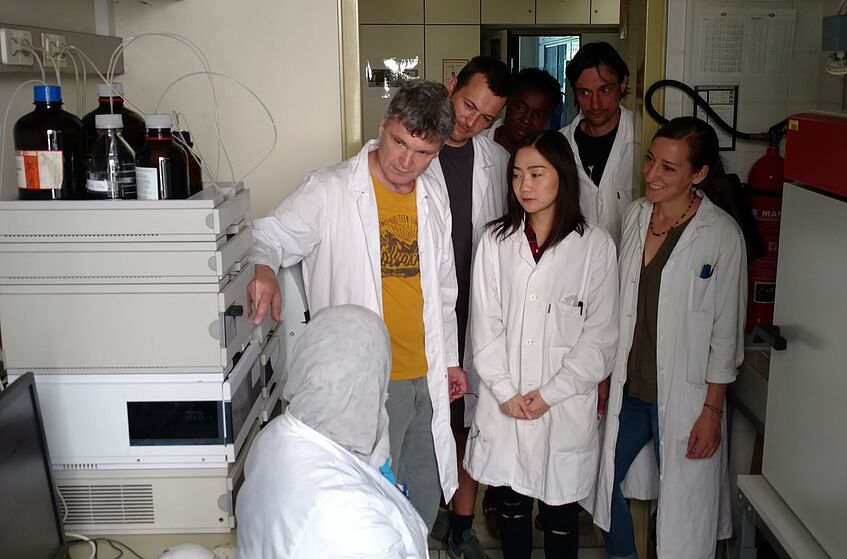
In four semesters, students become familiar with principles of botany, acquire proficiency in basic and advanced methods, learn to conduct scientific research and strengthen their profiles by an individual selection of courses conveying hard and soft skills. [read more]
After graduation

The Master's program combines expert knowledge on biological topics with a focus on plants and fungi, professional application of specific methods, and soft skills that are essential in modern sciences, allowing a variety of careers to be pursued. [read more]
Your teachers

Courses take place in small groups, promoting close collaboration with the participating scientists. Being part of a dedicated group of researchers and instructors, students directly experience how modern science works. [read more]

